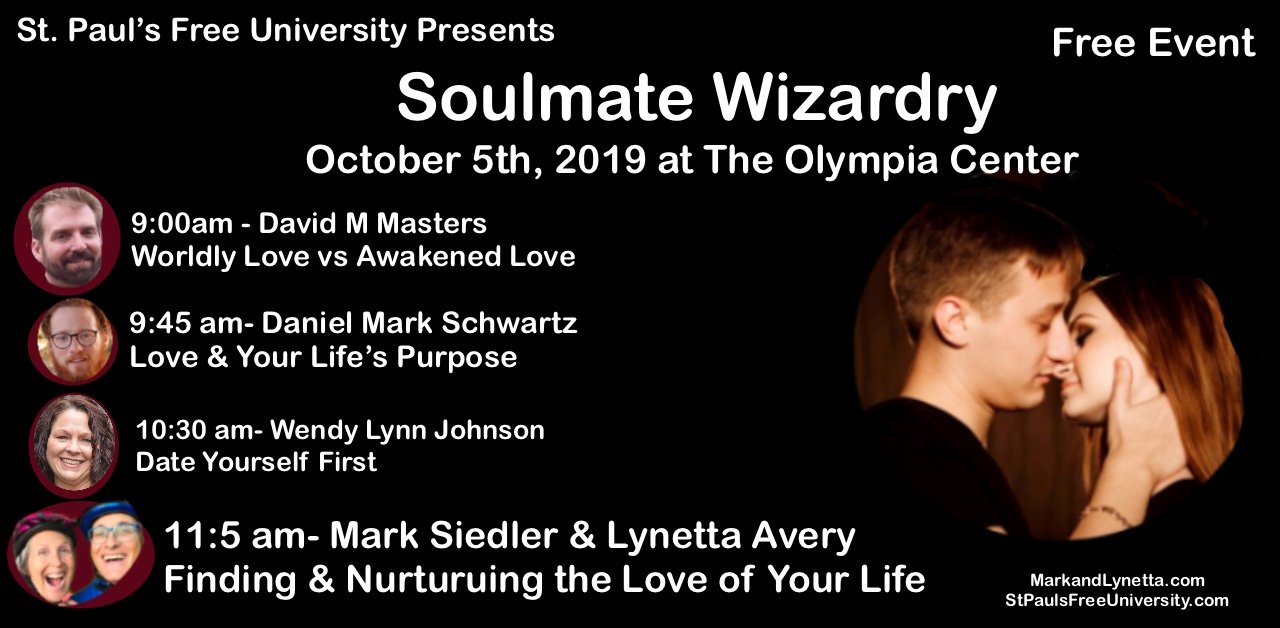Some people just have no capacity for love. It’s not that they have no love in them because every one of us comes pre-filled with unlimited love, yet still, there are those who cannot accept love or even receive love because they have, to varying degrees, limited their inner love center or shut it down completely.
You recognize these people building virtual walls around themselves to keep people from getting in. They are highly guarded, defensive about love, keepers of secrets, and avoid connection through social interaction. Even a simple compliment is quickly discounted by these otherwise well-meaning people, who may be quick to respond aggressively or in anger as they reject the idea of being complimented.
At one moment, he or she can seem perfectly normal and suddenly they transform into someone else in a sort of Dr. Jekyll/Mr. Hyde safety maneuver.
Our earliest experiences in life often dictate how you will respond to love throughout your life. It is highly likely that a person who rejects love did not grow up around a healthy love model in his or her young life.
In their tender, early years, those who reject love probably equated love with disappointment, rejection, and a barrage of other negative feelings which causes emotional pain and trauma triggered by even the thought of being vulnerable enough to give or receive love.
That’s why someone who has childhood trauma associated with love might react negatively or with hostility when approached with the idea of being loved as he or she sees love as a threat and may feel those same emotions tied to their unconscious childhood memories welling up inside them causing them to defensively reject an otherwise innocent loving gesture.
Those who are closest to them may find themselves being rejected, blamed for the way they are feeling or expressing themselves, accused of some imposed offense, or potential victims of abusive behavior when all they did was to offer caring love and support.
If you are one of those unfortunate recipients of an emotional upheaval, be aware that it has nothing to do with you. Only someone who is in a lot of suppressed emotional pain would respond to your love and affection that way.
Often these people are reacting to their life-long attempts to bury their negative feelings from childhood of loneliness, neglect, fear of abandonment, or abuse.
Their survival instinct kicks in as they subconsciously try to keep themselves from being hurt again, like they were in their youth, when someone they depended on, loved and trusted made them feel safe, loved and protected, only to found out that the people they love will let them down, betray, or hurt them.
There is also a conscious disconnect if someone feels as though they are unlovable, unworthy of being loved, or associates pain with love when someone else extends love to them. It’s like a short circuit happens in their brain, which challenges everything they “know” about life and their place in our society.
This feeling that being a victim of all the negative things which could happen when he or she is loved is triggered and this type of victimhood is very difficult to break-through.
A sense of mortality can present a problem with accepting love if they are obsessed with the idea of impending death. This can be triggered early in life when a loved one or a pet that was deeply loved suddenly dies. It could also happen later in life when an adult loses a loved-one unexpectedly.
These are the people who enter into a contract with their being to never love again so as to avoid the painful loss. They feel better about keeping close relationships at arm’s length or seeking a secluded life in isolation.
There are many other reasons which might find you face-to-face with someone who avoids or rejects love. In any case, those who are able to move on beyond their inclination to reject love are able to make a break-through by working with a coach, consultant, or counselor who can help them deal with the issues which threaten their ability to love and be loved.
And just as effectively, a love rejector can find their way by working through these issues and meet their inner child all on their own.
Even so, most importantly, when someone acts as though they are rejecting your love, know it is not about you, even if they blame you for their reaction. It is your responsibility to be compassionate and love them no matter what.
Do not try to fix them. Do not accuse them of being wrong or broken because they are not.
The object of your affection is only doing the best that he or she can with what they have.
Find new ways to love and support them which do not trigger his or her defense systems and love them unconditionally, if you dare.
God willing, one day he or she will awaken to true love and find a better way to love and be loved.
Love is all there is, everything else is an illusion.
See you at the Soulmate Wizardry event.



